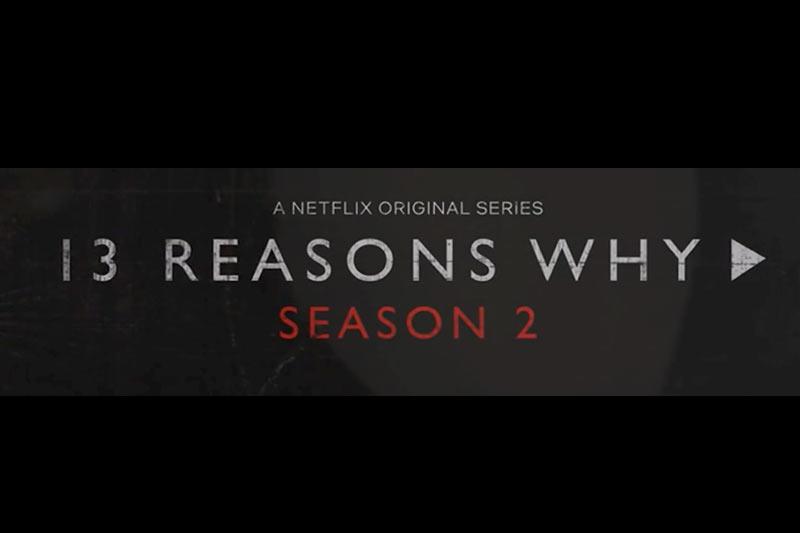Tulane professor offers advice on watching ‘13 Reasons Why’
The first season of the popular Netflix series “13 Reasons Why” presented an unflinching portrayal of tough topics faced by today’s youth. There were themes of suicide, sexual violence, bullying and substance abuse.
Prior to the launch of the show’s second season, Suicide Awareness Voices of Education (SAVE) brought together experts from more than 30 academic, mental health, nonprofit and healthcare institutions, including The Trevor Project, the National Council for Behavioral Health and The Jason Foundation, to create a “13 Reasons Why” toolkit with the goal of addressing the series’ graphic content.
The toolkit is designed to provide viewers, parents, educators and clinicians with new educational resources in mental health and suicide prevention.
“The content can actually be pretty powerful, as a lot of the imagery can be triggering.”
— Myo Thwin Myint, assistant professor of psychiatry and pediatrics, Tulane School of Medicine
“I was involved in the subgroup developing the toolkit specifically for clinicians,” said Myo Thwin Myint, assistant professor of psychiatry and pediatrics at the Tulane School of Medicine.
“The creators of the series wanted to start dialogue, which I think is a good intention. But the content can actually be pretty powerful, as a lot of the imagery can be triggering,” said Myint, who serves on the training and education committee for the American Academy of Child and Adolescent Psychiatry.
Myint added that the first season’s vivid portrayal of suicide particularly impacted viewers.
One 2017 study found that 19 days after the first season’s release, there were 900,000 to 1.5 million more suicide-related Google searches than expected, including a 26 percent increase in searches on “how to commit suicide.”
Another analysis discovered an increase in emergency room visits from youth exhibiting signs of depression or suicidal thoughts 41 days after the show’s premiere date.
Myint said that the toolkit can guide parents on how to talk with their children about the show’s themes and can help educators and clinicians identify viewers at risk.
“We want to promote help-seeking behavior,” he added.
Myint also recommended that young viewers should avoid binge-watching the series, watch episodes with their families rather than alone and consult with trusted adults or mental health professionals if the show proves triggering.
To view the “13 Reasons Why” toolkit, click here.

